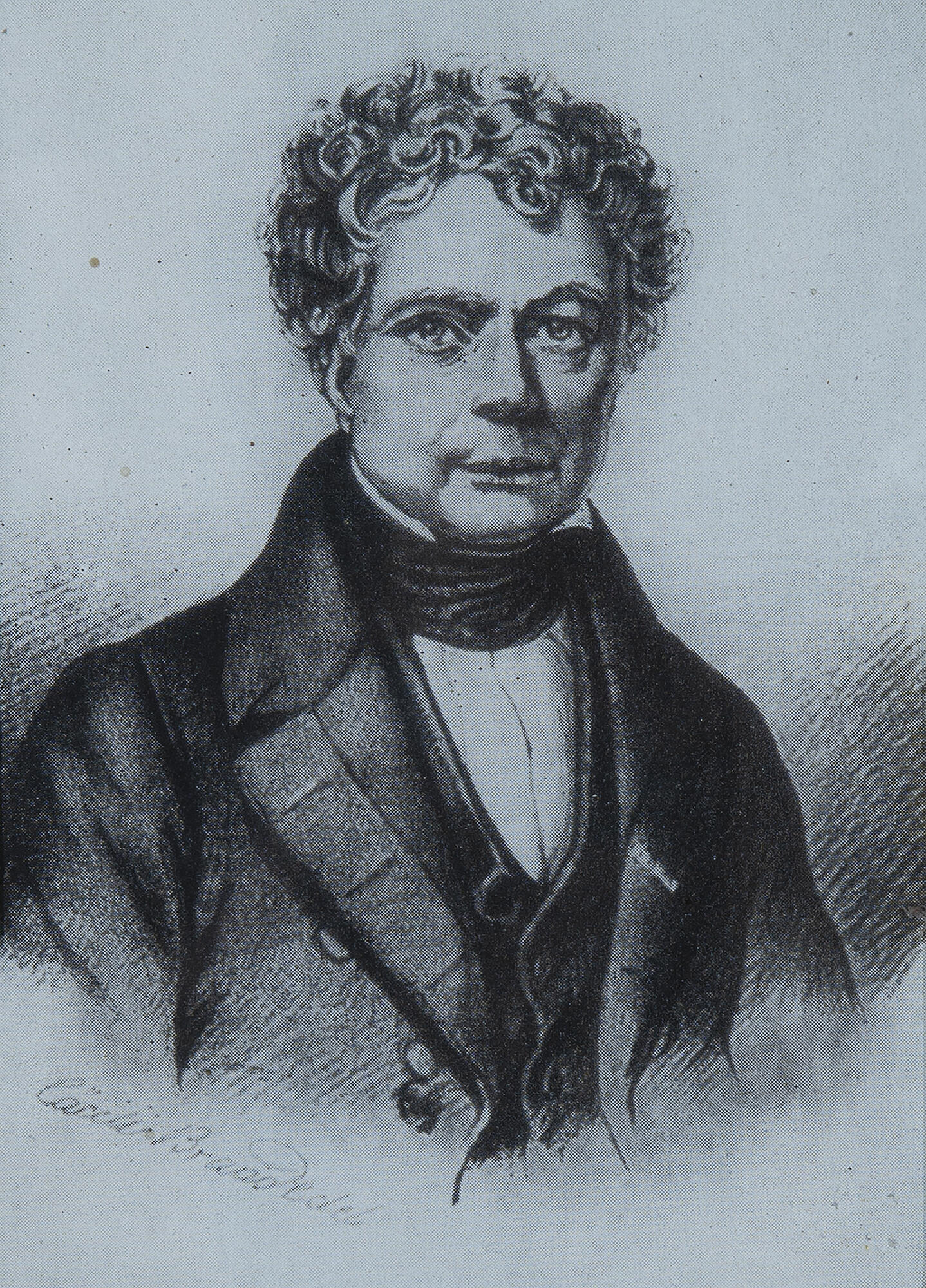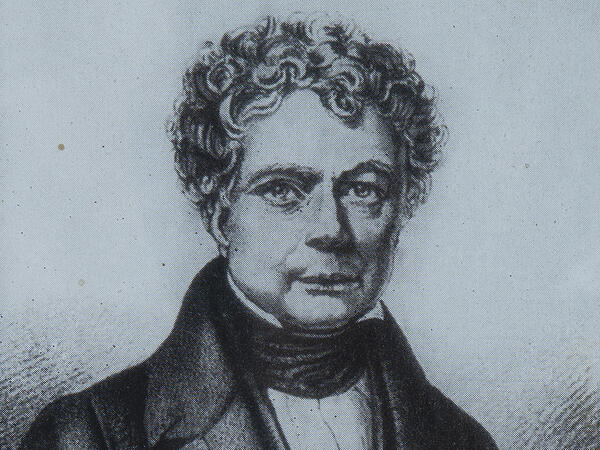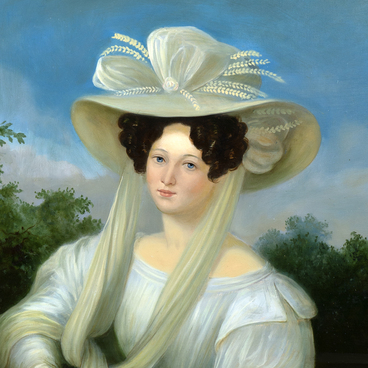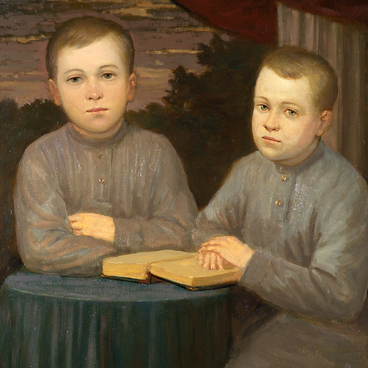The lithograph features Friedrich Schelling, a German philosopher — Fyodor Tyutchev got acquainted with him while serving in Germany. Schelling’s philosophy had an impact upon the poet’s worldview and provided food for thought in his philosophical lyrics. Schelling wrote, ‘What seems to be inanimate in nature is actually alive and sleeping. Life is the breath of the universe, matter is the immobilized spirit.’ This thought and other ideas of the philosopher were very important for Tyutchev.
One of Tyutchev’s most famous philosophical poems mainly resulted from his acquaintance with German philosophy. This is the poem of 1836 “Nature is not what you think it is”:
One of Tyutchev’s most famous philosophical poems mainly resulted from his acquaintance with German philosophy. This is the poem of 1836 “Nature is not what you think it is”:



